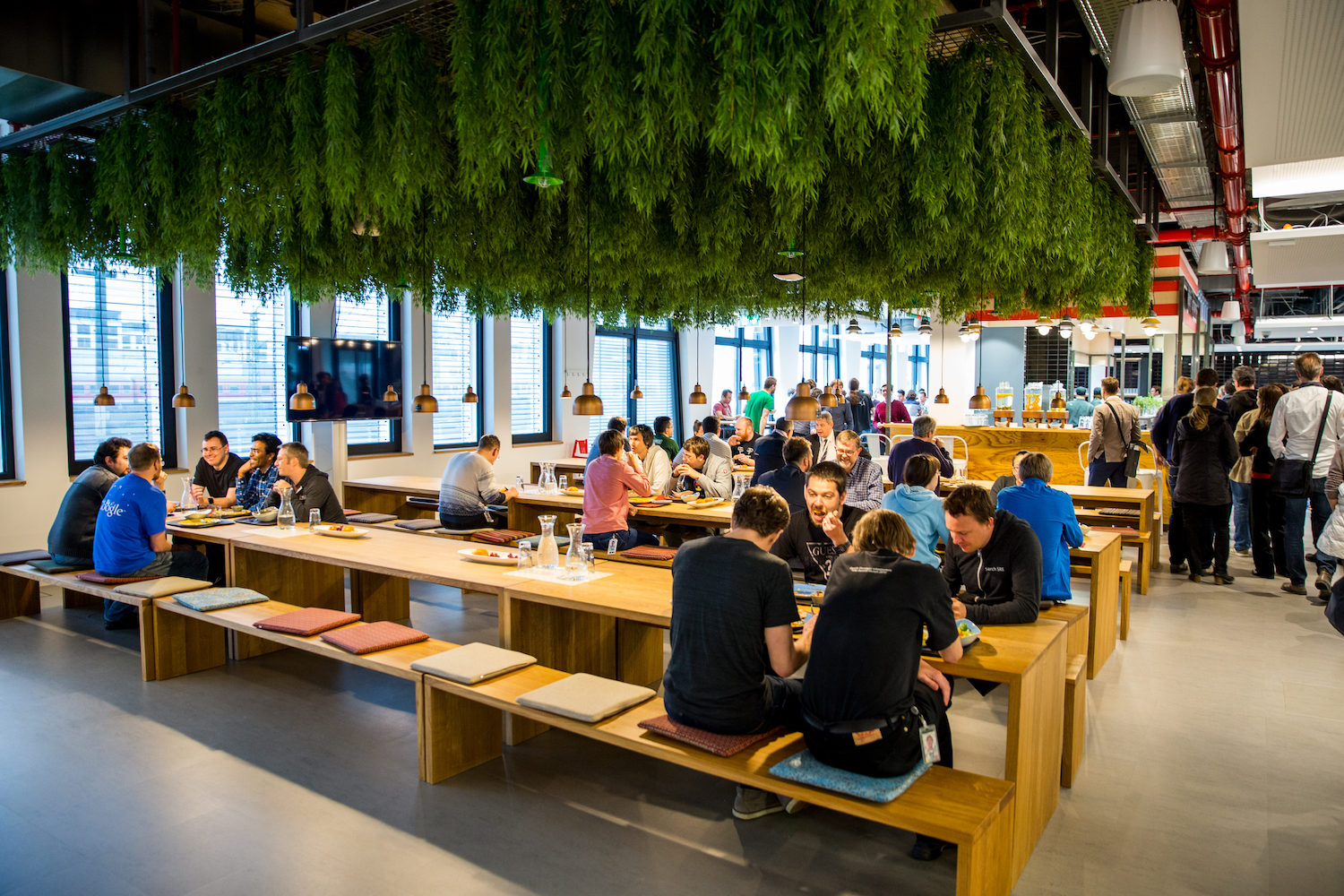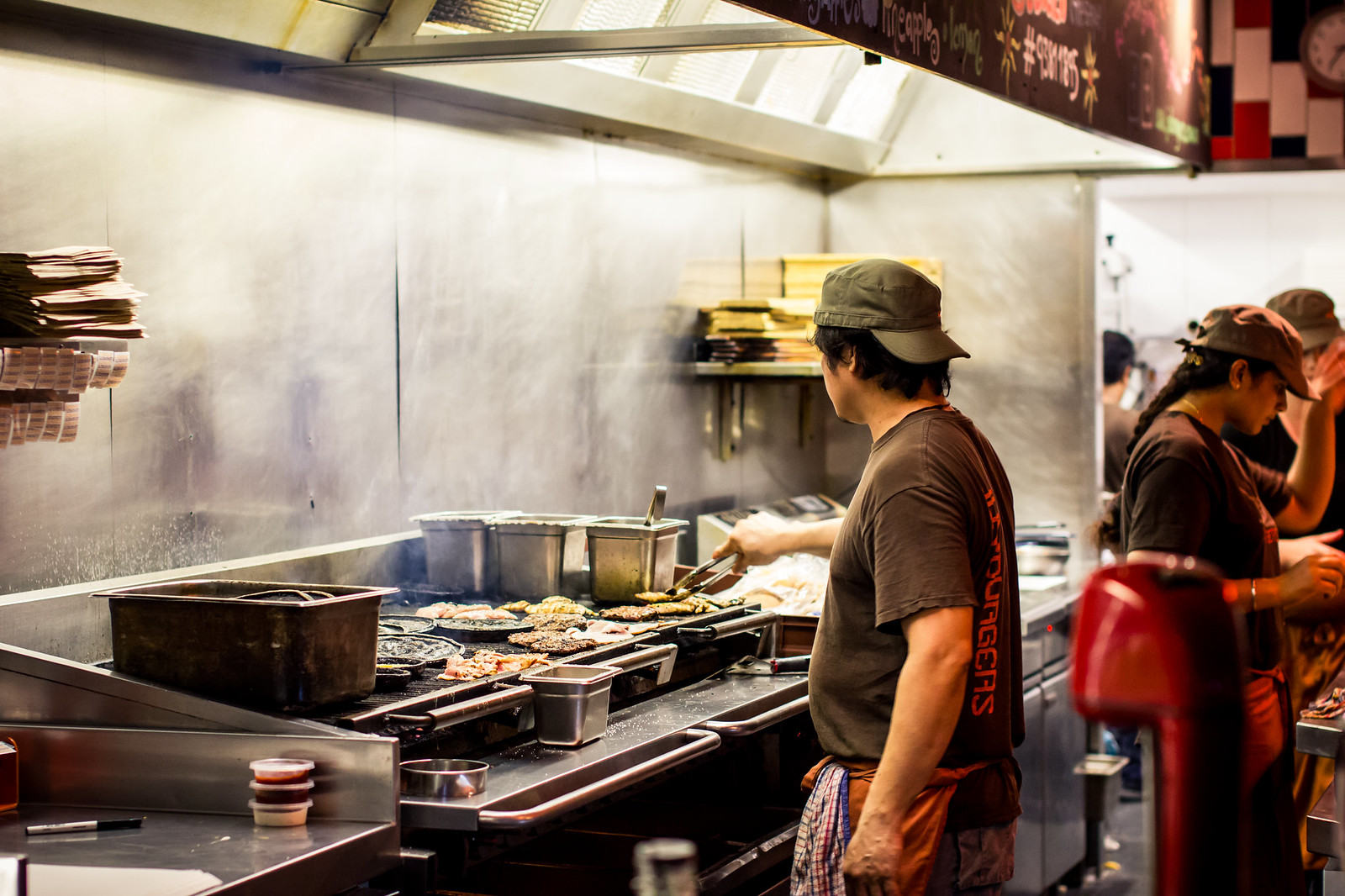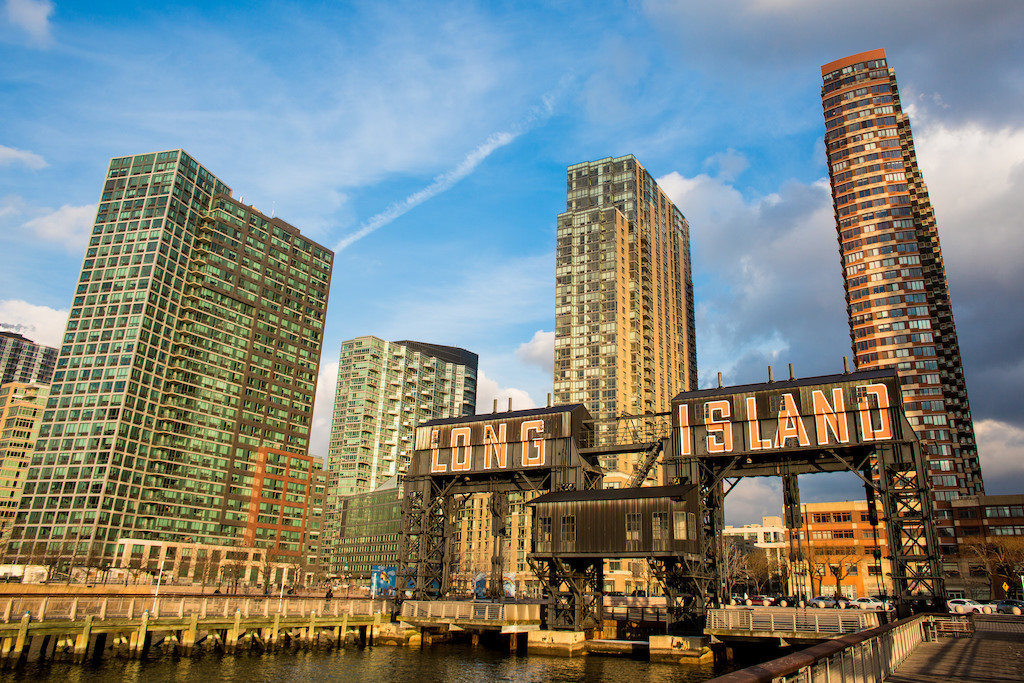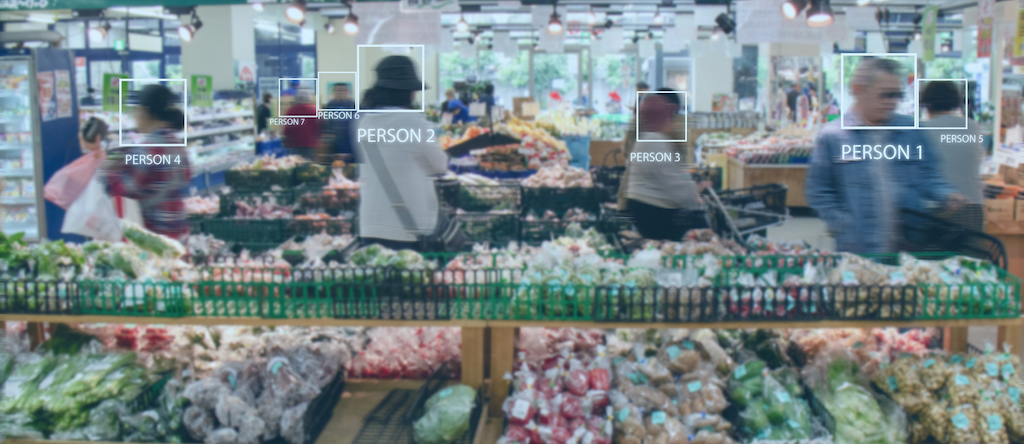Hoping to close the yawning divide between service workers and the engineers they feed, the tech giant’s cafeteria staff has unionized.
Last week, Google cafeteria workers in the Bay Area went public with a two-year campaign to form a union, citing low wages and economic inequality. The group of 2,300 workers, spread across dozens of locations—including the company’s Mountain View, California, headquarters—is among the largest yet to unionize at a single tech company.
“We’re fed up and want change because at one of the richest companies in the world, we’re being overworked and underpaid,” a union source told Recode reporter Shirin Ghaffary. The source added that workers are also pressured to work overtime without pay.
The cooks and dishwashers are part of Google’s shadow workforce of temps, vendors, and contractors that is increasingly under scrutiny. Technically, they work for Compass Group, an international food service firm that staffs cafeterias through its subsidiary Bon Appétit Management Company. Recode reports their wages start at around $35,000 a year, and they aren’t eligible for retirement plans afforded to Google employees.
“The disparity between the sometimes lavish-seeming benefits of the direct employees, when compared with the outsourced workers, like food service workers in the cafeteria, is quite stark.”
That’s not enough to survive in Silicon Valley, where economic inequality has visibly exploded. Wages have stagnated, and nine out of ten workers earn less than they did in 1997, after adjusting for inflation. In part, that’s because tech companies like Google now spend greater amounts on smaller numbers of workers—like their research and development employees who design breakthrough products and software—at the expense of their support staffs.
While the former can earn six-figure salaries, and enjoy generous benefits like matching 401(k)s and 22-week family leave, the people who cook and clean for them round-the-clock often struggle to survive. Housing in Silicon Valley costs around $2,341 per month, the highest rate in the nation. Instead of moving away, and commuting hours to work every day, some contractors now live just outside the Google campus in an RV camp.
“The disparity between the sometimes lavish-seeming benefits of the direct employees, when compared with the outsourced workers, like food service workers in the cafeteria, is quite stark,” says Rebecca Givan, a Rutgers University labor studies professor. “The contrast with the other employees in the same building makes these workers aware that by organizing perhaps things could improve.”
The Google cafeteria workers are reportedly organizing with a local chapter of Unite Here, a union that represents 300,000 service workers.
Although food service workers are among the country’s least-unionized workforces, many cafeteria jobs, particularly in states like California, are in large institutions that tend to be union, such as hospitals, universities and public schools, she says.
The Google cafeteria workers are reportedly organizing with a local chapter of Unite Here, a union that represents 300,000 service workers in hotels, airports, casinos, and other industries in North America, according to its website. The union, which did not respond to requests for comment, also represents cafeteria workers at Intel, Cisco, and other tech companies. In 2017, it negotiated a contract for 500 contracted food workers at Facebook that included a raise of $4.75 an hour, health care benefits, and a pension.
Other subcontracted service workers, from security officers to shuttle drivers, have also responded to Silicon Valley’s yawning inequality by turning to unions.
“As long as there’s an extreme housing crisis in Silicon Valley, and as long as these outsourced and subcontracted jobs continue to be fairly poorly compensated and poorly benefitted, we will see many of the subcontracted workers attempting to organize,” Givan says.
Neither Google nor the Compass Group responded to requests for comment.











